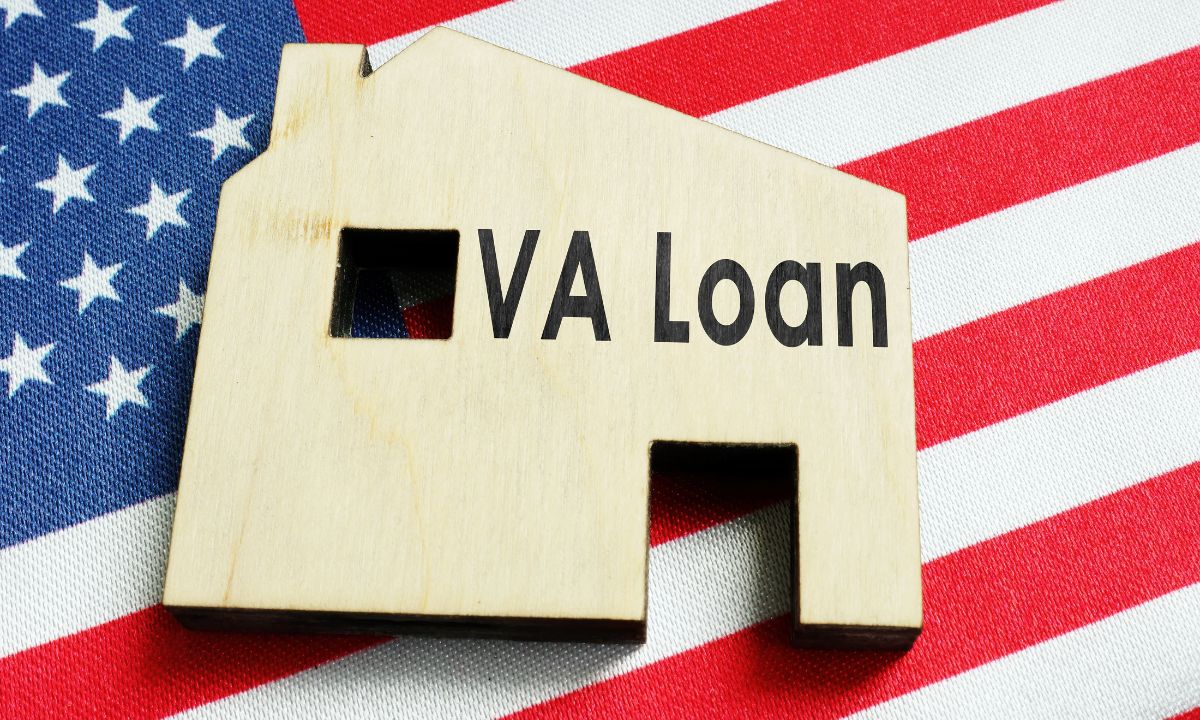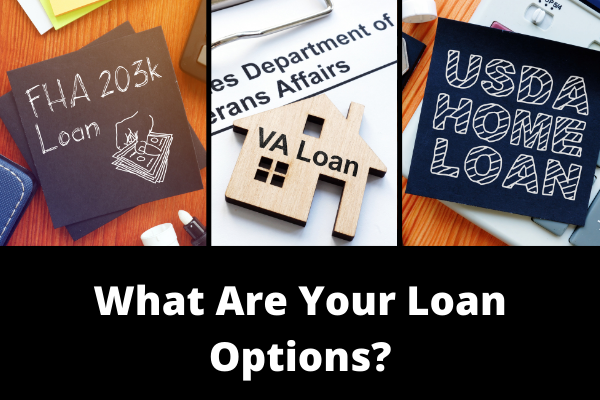Where Does the Money for Your Mortgage Loan Really Come From?
 If you’re considering a mortgage loan, you might wonder where the money actually comes from. It’s not as simple as walking into your neighborhood bank and getting a loan directly from their vault, like it used to be decades ago. Today, the mortgage lending process is part of a larger, more complex system involving major institutions like Fannie Mae, Freddie Mac, and Ginnie Mae. Let’s take a closer look at how it all works.
If you’re considering a mortgage loan, you might wonder where the money actually comes from. It’s not as simple as walking into your neighborhood bank and getting a loan directly from their vault, like it used to be decades ago. Today, the mortgage lending process is part of a larger, more complex system involving major institutions like Fannie Mae, Freddie Mac, and Ginnie Mae. Let’s take a closer look at how it all works.
The Big Players: Fannie Mae, Freddie Mac, and Ginnie Mae
In today’s mortgage industry, most of the money for home loans originates from three major government-sponsored entities:
- Fannie Mae (Federal National Mortgage Association)
- Freddie Mac (Federal Home Loan Mortgage Corporation)
- Ginnie Mae (Government National Mortgage Association)
How the Mortgage Process Works
When you apply for a mortgage through a lender, they’ll process your application, verify your information, and ultimately provide you with a loan if you qualify. You then make regular mortgage payments, but it’s important to understand that the lender who gave you the loan may not actually own it. In fact, your loan often gets bundled with many other loans into a pool, which is then sold to one of the big players mentioned above.
The company that collects your payments is called a servicer, and they manage the loan on behalf of the actual investor. While you might send payments to them, they usually do not own your loan. Instead, they receive a small monthly fee for managing it, typically about 3/8ths of a percent of your loan balance. These small fees can add up significantly, especially for companies that service billions of dollars in loans.
The Mortgage Loan Cycle
Once your loan is bundled into a pool and sold to Fannie Mae, Freddie Mac, or Ginnie Mae, these entities receive fresh funds, allowing lenders to make more loans to other borrowers. This cycle keeps the mortgage lending system running efficiently, enabling more people to access home loans.
But it doesn’t stop there. These institutions often take the loan pools and divide them into smaller pieces known as mortgage-backed securities (MBS). These securities are sold to investors on Wall Street. If you have a 401(k) or mutual fund, you might even own a portion of these mortgage-backed securities. For example, Ginnie Mae bonds are securities backed by the mortgages on FHA and VA loans.
What Happens When Your Loan Is Sold or Transferred?
It’s common for your loan to be transferred from one servicing company to another. While it might seem like your loan is being sold again, this isn’t the case. It’s simply the transfer of the right to service your loan. The original terms of your loan remain unchanged, and the new servicer will continue to collect your payments.
Understanding Jumbo Loans
There are exceptions to this system. Loans that exceed $726,200 (known as jumbo loans) don’t fit Fannie Mae and Freddie Mac guidelines. These loans are packaged into different pools and sold to other investors, but they are still often securitized and sold as mortgage-backed securities.
The Backbone of the Mortgage Industry is Mortgage Banking
This continuous buying, selling, and securitizing of loans is what we call mortgage banking, and it’s the backbone of the modern mortgage industry. By understanding this process, you can better appreciate how your mortgage fits into a larger system and why your loan might be transferred during its lifetime.
If you have any questions or want to know more about how your mortgage works, feel free to reach out. We’re here to guide you every step of the way.
 The VA home loan program is one of the most valuable benefits offered to those who have served in the U.S. military, providing veterans and active-duty personnel with access to favorable mortgage terms. One common question is whether these VA entitlements ever expire.
The VA home loan program is one of the most valuable benefits offered to those who have served in the U.S. military, providing veterans and active-duty personnel with access to favorable mortgage terms. One common question is whether these VA entitlements ever expire. You may have more options than you think when it comes to securing a mortgage for your new home. While many buyers opt for conventional financing, another option or program might be a better choice for you, depending on your personal and financial situation. Learning more about FHA, USDA, and VA loans ensures you get the best possible deal for your mortgage and that you secure the loan that you need for your new home. Here’s what you need to know about these useful mortgage options.
You may have more options than you think when it comes to securing a mortgage for your new home. While many buyers opt for conventional financing, another option or program might be a better choice for you, depending on your personal and financial situation. Learning more about FHA, USDA, and VA loans ensures you get the best possible deal for your mortgage and that you secure the loan that you need for your new home. Here’s what you need to know about these useful mortgage options.